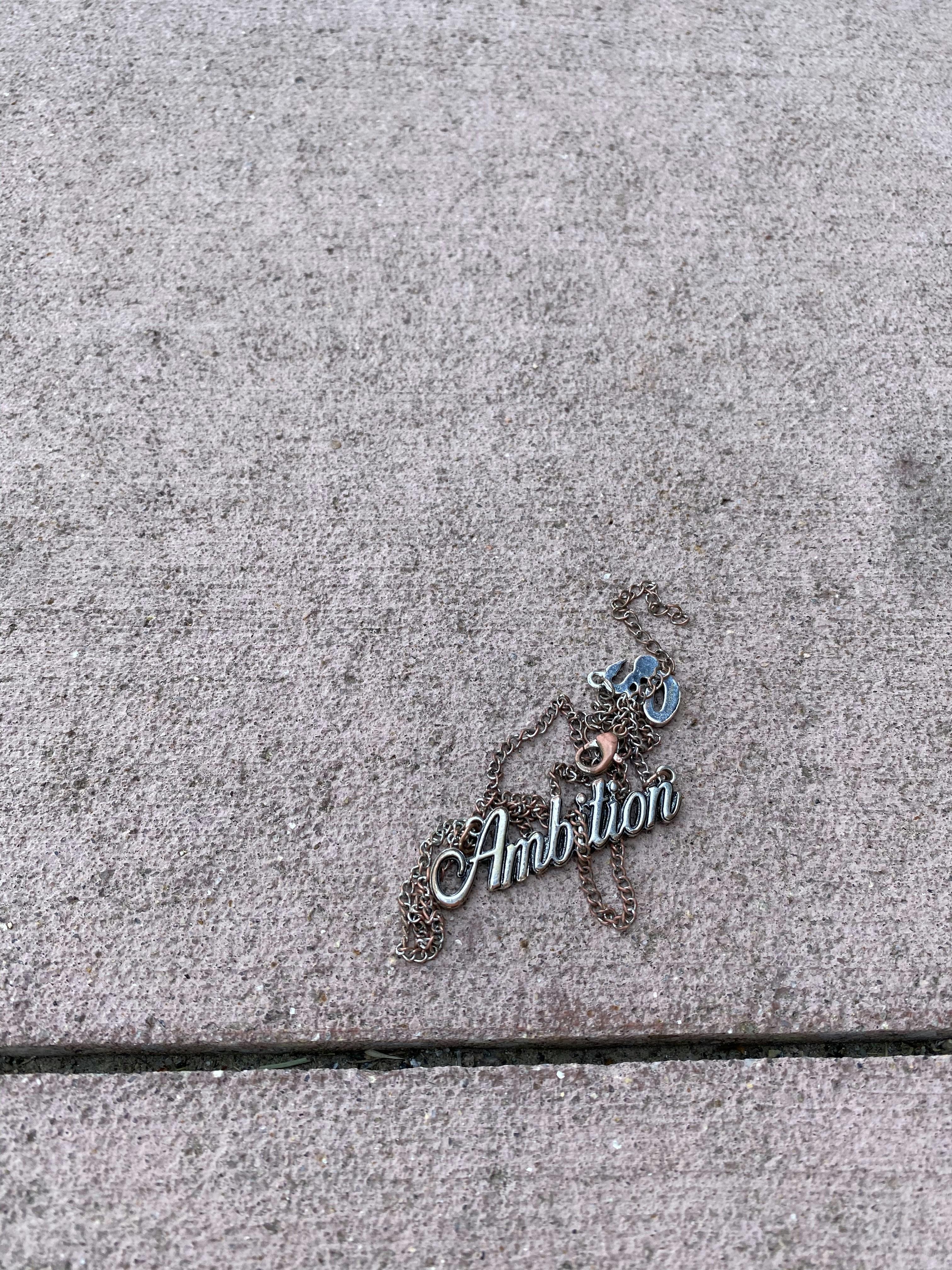In the realm of cinematic storytelling, few films have sparked as much debate and introspection as Damien Chazelle‘s “Whiplash.” Lauded for its intense performances and compelling narrative, the film presents a raw and unflinching look at the pursuit of artistic excellence. Yet, beneath its critical acclaim lies a deeper conversation about the implications of its central themes. Is “Whiplash” a testament to the indomitable human spirit and the relentless quest for greatness, or does it serve as a cautionary tale about the perils of obsession and the toxic dynamics of mentorship? This article delves into the dual interpretations of “Whiplash,” exploring its portrayal of ambition, the fine line between motivation and abuse, and the broader implications for both aspiring artists and educators. Through an analytical lens, we aim to uncover whether the film ultimately inspires or warns, challenging viewers to reflect on the true cost of success.
Exploring the Motivational Themes in Whiplash
In the intense world of “Whiplash,” motivational themes oscillate between inspiration and caution, leaving viewers questioning the true cost of ambition. The film delves into the psyche of aspiring jazz drummer Andrew Neiman, whose relentless pursuit of greatness is both fueled and thwarted by his formidable mentor, Terence Fletcher. This dynamic relationship brings to light several key motivational themes:
- Perfectionism: Andrew’s journey is marked by an obsessive drive for perfection, a trait that is both lauded and criticized. The film raises questions about the limits of perfectionism and whether the pursuit of flawlessness can justify extreme sacrifices.
- Resilience vs. Obsession: The line between resilience and unhealthy obsession becomes increasingly blurred as Andrew endures psychological and physical strain. The narrative explores whether true resilience requires crossing personal boundaries or if it leads to self-destruction.
- The Role of Mentorship: Fletcher’s harsh methods challenge traditional notions of mentorship. His belief in pushing students beyond their limits to achieve greatness presents a complex portrait of guidance that teeters between encouragement and abuse.
These themes encourage viewers to reflect on their own motivations and the societal pressures surrounding success. While some may find Andrew’s tenacity inspiring, others might see it as a cautionary tale about the perils of unchecked ambition.

Analyzing the Psychological Impact of High-Pressure Environments
The film “Whiplash” presents a gripping exploration of high-pressure environments and their psychological effects on individuals. The intense relationship between the protagonist, Andrew, and his mentor, Fletcher, serves as a microcosm of the broader dynamics often seen in high-stakes settings. Under extreme pressure, individuals may experience a range of psychological responses, including heightened stress, anxiety, and a relentless drive to meet expectations. These environments can act as a crucible, forging exceptional talent but potentially leaving lasting scars.
Psychological impacts of such environments may include:
- Increased Anxiety: Constant scrutiny and the fear of failure can lead to persistent anxiety.
- Perfectionism: The pursuit of excellence may become obsessive, overshadowing personal well-being.
- Reduced Self-Esteem: Harsh criticism can erode self-confidence and foster self-doubt.
- Resilience Building: Some individuals may develop a strong sense of resilience, thriving under pressure.
While “Whiplash” portrays the pursuit of greatness, it also serves as a cautionary tale about the potential psychological toll of such environments. The film challenges viewers to consider whether the end justifies the means and at what cost.

Balancing Ambition and Well-being: Lessons from Whiplash
In the high-stakes world depicted in Whiplash, the relentless pursuit of greatness by the protagonist, Andrew Neiman, offers a stark lens through which we can examine the delicate equilibrium between ambition and personal well-being. The film presents a visceral portrayal of the sacrifices made in the name of success, challenging viewers to consider the cost of pushing one’s limits. Andrew’s journey is fraught with intense pressure, both self-imposed and external, raising questions about the sustainability of such a path. As he strives to become one of the greats, the film vividly illustrates the potential for burnout, mental health struggles, and the erosion of personal relationships.
From this narrative, we can distill several lessons relevant to our own pursuits:
- Recognizing the importance of balance: Ambition should not come at the expense of one’s mental and physical health.
- Understanding the value of supportive environments: The role of mentors and peers in nurturing talent should prioritize well-being alongside achievement.
- Acknowledging the signs of overexertion: Being attuned to the warning signals of stress and fatigue can prevent long-term damage.
Recommendations for Aspiring Musicians: Navigating Artistic Challenges
For those stepping into the world of music, the film “Whiplash” can serve as both a source of inspiration and a cautionary tale. As you embark on your musical journey, it’s crucial to balance ambition with self-care. Here are some strategies to help you navigate artistic challenges:
- Set Realistic Goals: While striving for excellence is commendable, it’s important to set achievable milestones. This helps in maintaining motivation without succumbing to burnout.
- Seek Constructive Criticism: Feedback is essential for growth, but ensure it’s constructive and delivered in a supportive environment. Distinguish between criticism that helps you improve and that which is purely destructive.
- Maintain Balance: Prioritize your mental and physical health. Long hours of practice should be complemented with adequate rest and relaxation to sustain creativity and passion.
- Build a Supportive Network: Surround yourself with mentors and peers who understand your journey. A strong support system can provide guidance, encouragement, and perspective.
By keeping these points in mind, aspiring musicians can navigate the artistic challenges portrayed in “Whiplash” without compromising their well-being or passion for their craft.
